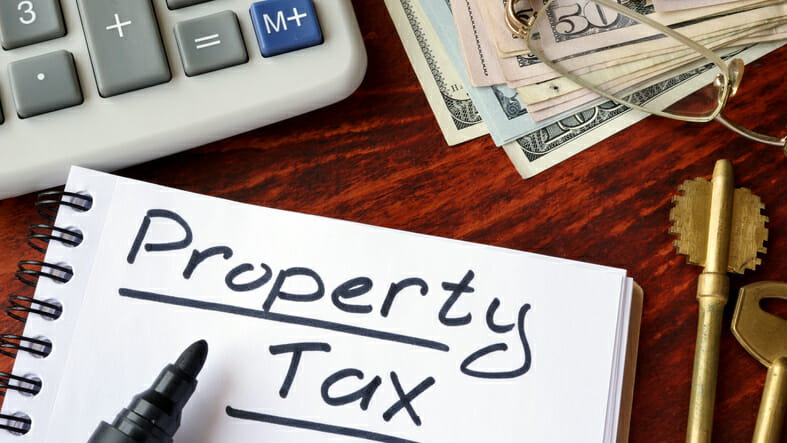If you own a house, you are undoubtedly used to making annual payments toward your property taxes. On the other hand, you may not be aware that property taxes are formally referred to as "real estate taxes" and that you could also be required to pay another kind of property tax. The value of your property is used to determine how much you owe in both kinds of taxes.
What Are Real Estate Taxes?
The Internal Revenue Service classifies land and everything constructed on or permanently attached to it as "real property," which is the basis for the imposition of real estate taxes. This covers the land underlying structures such as homes, condominiums, commercial buildings, parking garages, and the structures themselves.
Because of this, most people refer to these levies by their more common term, "property taxes," even though real estate and property taxes are the same. Property taxes are levied on any real estate you possess to generate revenue for the operating budgets of counties and local governments. It helps offset some costs associated with public services, such as schools and safety.
How Do Real Estate Taxes Work?
The amount of property tax owed is determined by multiplying the property's assessed value by the tax rate in effect in the municipality where the property is located. Tax rates may differ across states and counties, cities, and even school districts.
According to data provided by Tax-Rates.org, the median property tax rates throughout the states in 2020 varied from 0.18% in Louisiana to 1.89% in New Jersey. For illustration purposes, if you own a house in New Jersey worth $250,000, you should anticipate paying property taxes for $4,725 per year.
These taxes are levied on all real estate owners, and payments must be made on time and in full. If a property tax bill is not paid in full, the municipality may issue a lien on the real property in question and begin foreclosure.
How Do You Pay Real Estate Taxes?
It is typical practice for the property taxes to be broken up into installments and slapped onto the end of your monthly mortgage payment if you are financing your house purchase. When the time comes for property taxes, the money will have been placed in an escrow account, and the lender will be responsible for making the payment on your behalf.
It is important to keep in mind that if the lender's estimate is too low, you may wind up underpaying property taxes based on the escrow that is now in place. In such a scenario, the minimum amount of money put into escrow each month would be raised to reflect the changed circumstances.
Your lender will estimate your yearly tax liability to determine the sum that will constitute your monthly payments. You are eligible for a refund if the estimate provided by the lender is inaccurate and you wind up paying more than necessary.

This should take care of itself, but if it doesn't, visit the website of the Treasury Department serving your county or municipality to fill out a refund request form. Depending on the circumstances, you can pay your property taxes by submitting payment directly to your local tax office. You may expect a bill in the mail and information for payment.
What Are Personal Property Taxes?
Personal property taxes operate somewhat differently from real estate or other property taxes, despite their names seeming quite similar. This refers to the yearly tax placed on what the Internal Revenue Service refers to as 'movable assets,' which includes items like a boat, a mobile home, an RV, and an aircraft.
One example is the annual cost that must be paid to keep your vehicle registered. When it comes to enterprises that are obligated to pay these taxes, the definition of personal property may also include things like furniture, appliances, tools, and equipment.
How Do Personal Property Taxes Work?
Taxes on personal property are often computed as a percentage of the item's worth, which declines over time as the item's perceived value becomes less important to its owners. Local or county governments impose these taxes, and such governments have the discretion to include or exclude certain categories of property from the tax assessment.
Typically, you are responsible for reporting these taxes on your own tax return. In addition, most towns have policies that exclude certain types or amounts of property from having to be reported.

For instance, if the first $50,000 worth of personal property in your city is free from taxes and you possess $70,000 worth of it, the amount of taxes you are obligated to pay is merely the remaining $20,000. Once again, ensure your personal property taxes are paid on time. If tangible property is not paid for or reported, penalties and liens may be placed on the property.




